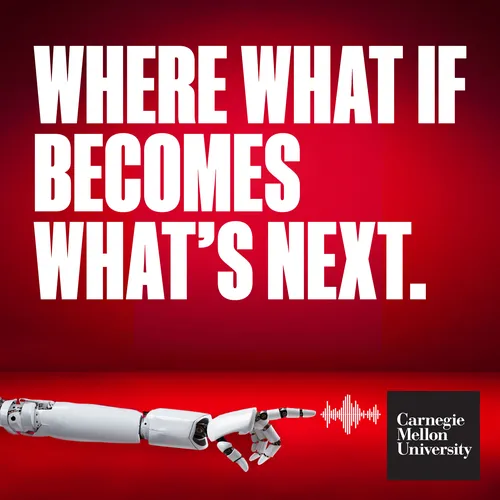Critical Choices: AI in Disaster Management and Healthcare
- Author
- Carnegie Mellon University
- Published
- Wed 10 Sep 2025
- Episode Link
- https://podcasters.spotify.com/pod/show/burstmarketing/episodes/Critical-Choices-AI-in-Disaster-Management-and-Healthcare-e382cie
What if AI could help emergency responders make split-second decisions that save lives during disasters? And what if that same technology could be used in healthcare to identify which patients desperately need care before it's too late?
In this episode, we explore how artificial intelligence is revolutionizing emergency response and healthcare decision-making. Host Randy Scott interviews Aarti Singh, a professor in the Machine Learning Department at Carnegie Mellon University and the director of the National Science Foundation's AI Institute for Societal Decision Making.
Professor Singh discusses breakthrough technologies like the CLARKE System, developed by the Institute’s partner Texas A&M University, which can analyze disaster damage to 2,000 homes in just seven minutes using drone footage and AI, compared to hours or days with traditional methods. The Institute has trained more than 60 emergency managers from 38 agencies on using the CLARKE System for rapid damage assessment and resource allocation during disasters like hurricanes and wildfires.
In healthcare, Singh discusses how AI is addressing the U.S.'s alarming maternal mortality rate—the worst among developed nations—by creating patient risk profiles and prioritizing health care worker interventions or text-message alerts to the maternal patients. Field tests in India showed a 30 percent improved patient engagement. The conversation also covers the Institute's work on responsible AI adoption frameworks, emphasizing the importance of accountability, proper training, and human-AI collaboration to ensure these life-saving technologies can be trusted and effectively integrated into real-world emergency and healthcare systems.
